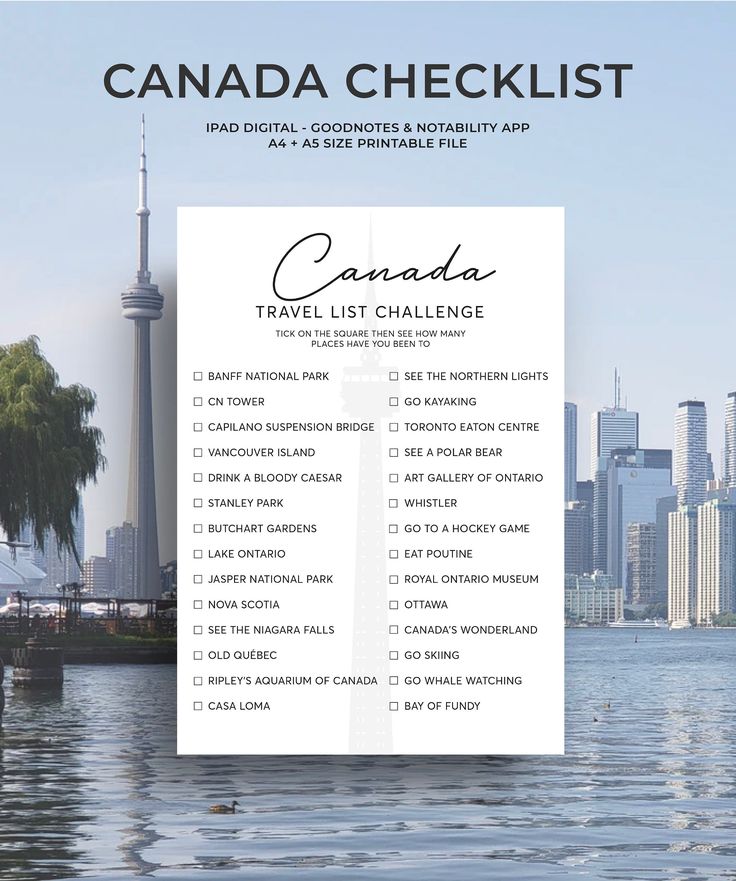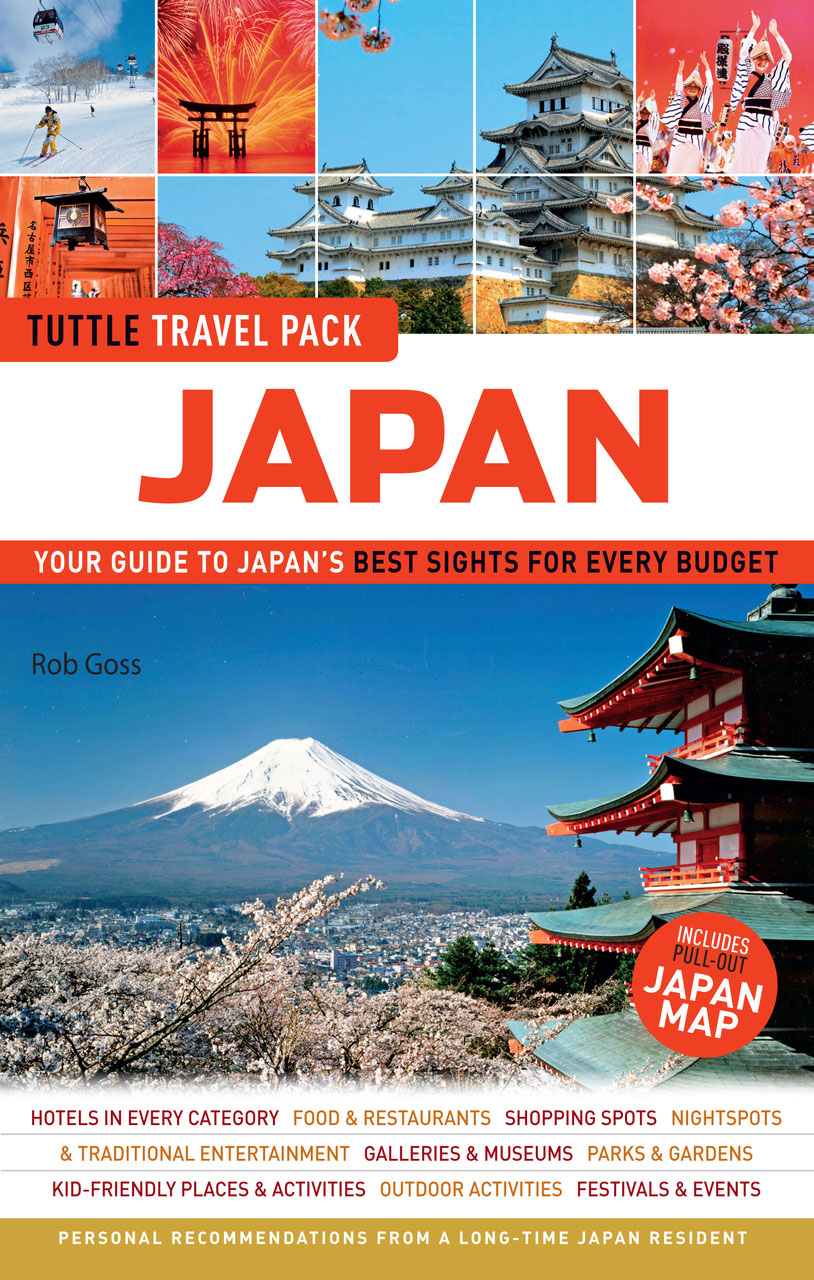
Thailand, often called the "Land of Smiles," beckons travelers with its stunning landscapes, vibrant cities, and serene temples. However, truly enriching your journey requires a deeper dive into the heart of its people and traditions. This comprehensive guide to Understanding the Culture of Thailand With Complete Travel Tips will equip you with the knowledge to navigate this beautiful country respectfully, fostering authentic connections and creating unforgettable memories. From ancient customs to modern etiquette, we’ll explore the nuances that make Thai culture so unique, alongside practical advice for a smooth and rewarding trip.
Diving Deep into Thai Culture: Essential Insights for Travelers
Thai culture is a rich tapestry woven from centuries of history, strong spiritual beliefs, and a profound respect for community. Before you even pack your bags, grasping these fundamental elements will significantly enhance your experience. Understanding the local way of life helps you avoid misunderstandings and shows genuine appreciation.
The Core Principles of Thai Cultural Understanding
Several key concepts underpin daily life in Thailand, influencing interactions and societal norms. These principles are vital for any visitor seeking to engage respectfully with the local population.
- Wai (ไหว้): This iconic prayer-like gesture, with palms pressed together, is the traditional Thai greeting. The height of the hands and the depth of the bow indicate respect. Generally, the younger person wais first, and the elder returns it.
- Sanuk (สนุก): Central to the Thai mindset, sanuk embodies the idea of finding joy and fun in everything, even work. It promotes a lighthearted approach to life and interactions.
- Jai Yen Yen (ใจเย็นๆ): Translating to "cool heart," this phrase encourages patience and calmness. Thais generally avoid overt displays of anger or frustration, preferring a peaceful resolution.
- Kreng Jai (เกรงใจ): This concept signifies showing consideration for others, avoiding imposing on them, or causing them inconvenience. It reflects a deep-seated politeness and empathy.
- Buddhism’s Influence: Theravada Buddhism profoundly shapes Thai culture. Its principles of compassion, mindfulness, and karma are evident in daily life, from temple rituals to the serene demeanor of many Thais.
Respecting Sacred Spaces and Religious Practices in Thailand
Thailand boasts thousands of temples (wats), which are not just architectural marvels but active places of worship. Showing proper reverence in these sacred spaces is paramount for any visitor.
Tips for Temple Etiquette:
- Dress Modestly: Always cover your shoulders and knees. This applies to both men and women. Consider carrying a sarong or scarf for impromptu visits.
- Remove Shoes: Take off your shoes before entering temple buildings, including the main prayer hall (bot).
- Be Quiet and Respectful: Maintain a low voice and avoid boisterous behavior.
- Do Not Point: Never point your feet at a Buddha image or a person. Feet are considered the lowest part of the body.
- Respect Monks: Women should not touch monks or hand things directly to them. If a woman needs to pass something to a monk, it should be placed on a cloth or nearby surface for the monk to pick up. Men should also show respect.
- Buddha Images: Never climb on or disrespect Buddha images in any way. They are sacred representations.
Navigating Thai Social Etiquette and Cultural Norms
Understanding unwritten social rules helps travelers integrate smoothly and avoid unintended offense. These norms often revolve around respect for hierarchy and maintaining harmony.
- Head vs. Feet: The head is considered the most sacred part of the body, while the feet are the lowest and least sacred. Never touch a Thai person’s head, even playfully. Conversely, avoid pointing your feet at anyone or stepping over people.
- Public Displays of Affection: While hand-holding is acceptable, overt public displays of affection (kissing, prolonged hugging) are generally frowned upon.
- Reverence for the Royal Family: The Thai monarchy is deeply respected. Any perceived disrespect towards the King, Queen, or Royal Family is a serious offense, both legally and culturally. Always stand during the national anthem played in cinemas or at public events.
- Dress Code: Beyond temples, dressing modestly, especially outside tourist hotspots, shows respect. Swimwear is for beaches and pools, not for walking around towns.
Embracing Thai Traditions: Festivals, Food, and Family
To truly understand Thailand, one must engage with its vibrant traditions. These cultural expressions offer a deeper insight into the collective spirit and joys of the Thai people. From colorful celebrations to communal meals, these experiences are central to the Thai way of life.
Experiencing Thai Festivals: A Cultural Immersion
Thai festivals are spectacular showcases of the country’s rich heritage, offering travelers a unique opportunity for cultural immersion. Planning your trip around one can be an unforgettable experience.
- Songkran (Thai New Year): Celebrated in mid-April, Songkran is famous for its nationwide water fights, symbolizing the washing away of sins and bad luck. Beyond the fun, it’s also a time for family reunions and visiting temples.
- Loy Krathong (Festival of Lights): Usually in November, this enchanting festival sees Thais float beautiful lotus-shaped rafts (krathongs) adorned with candles, incense, and flowers onto rivers and canals. It’s an act of gratitude to the water goddess and a symbolic release of misfortunes.
- Other Regional Festivals: Explore local events like the Phi Ta Khon (Ghost Festival) in Loei, the Rocket Festival in Isaan, or various fruit and flower festivals that highlight regional specialties.
The Culinary Journey: A Taste of Thai Culture
Thai cuisine is world-renowned for its complex flavors and aromatic spices. Eating in Thailand is not just about sustenance; it’s a social and cultural experience.
Insights into Thai Food Culture:
- Street Food Culture: Thailand’s street food is legendary. It’s safe, incredibly diverse, and an integral part of daily life. Don’t be afraid to try various stalls; look for places with a high turnover of locals.
- Eating Etiquette: Thais typically eat with a spoon and fork. The fork is used to push food onto the spoon, which is then used to eat. Chopsticks are generally reserved for noodle dishes. Meals are often shared, with several dishes placed in the center for everyone to enjoy.
- Key Dishes: Explore beyond Pad Thai. Sample Tom Yum Goong (spicy shrimp soup), Green Curry, Massaman Curry, Som Tum (papaya salad), and Mango Sticky Rice for dessert.
- Regional Variations: Thai food varies significantly by region. The North favors milder, richer curries, the Northeast (Isaan) is known for fiery, fermented flavors, the Central Plains offer balanced, refined dishes, and the South boasts spicy, coconut-milk-rich seafood.
Understanding Thai Family Values and Community Bonds
Family and community form the bedrock of Thai society. Respect for elders and strong communal ties are deeply ingrained.
- Elder Respect: Elders hold a revered position in Thai families and society. Always show deference to older individuals through your actions and words.
- Community Support: Thais often live in close-knit communities, where neighbors support each other. This collective spirit is evident in local markets, temples, and social gatherings.
- The Role of the Family Unit: The extended family often lives together or nearby, providing a strong support system. Children are taught to be filial and respectful of their parents and grandparents.
Practical Travel Tips for Exploring Thailand’s Rich Culture
To ensure your cultural exploration of Thailand is smooth and enjoyable, some practical preparations and tips for navigating the country are essential. These insights will help you travel confidently and respectfully.
Essential Preparations for Your Thai Cultural Adventure
A well-planned trip starts long before you board the plane. Being prepared will alleviate stress and allow you to focus on the experience.
Key Preparations:
- Visa Requirements: Check if your nationality requires a visa for Thailand. Many countries receive a visa-exempt entry for 30 or 45 days upon arrival.
- Best Time to Visit: The cool and dry season (November to February) is ideal for weather, but also the busiest. The hot season (March to May) and rainy season (June to October) offer fewer crowds and sometimes lower prices. Consider visiting during a festival for a unique cultural experience.
- Packing Essentials: Light, breathable clothing is a must. Include modest options for temple visits. A reusable water bottle, sunscreen, insect repellent, and comfortable walking shoes are also highly recommended.
- Basic Thai Phrases: Learning a few polite phrases like "Sawasdee krap/ka" (hello, male/female speaker), "Kob Kun krap/ka" (thank you), and "Kor Tot krap/ka" (excuse me/sorry) goes a long way in showing respect and building rapport.
Getting Around Thailand: Transport and Local Interactions
Navigating Thailand’s transportation system and interacting with locals are part of the adventure. Knowing what to expect will make your travels easier.
- Transportation Options:
- Tuk-Tuks: Iconic but negotiate the fare before you get in.
- Grab (ride-hailing app): Convenient and transparent pricing for taxis and motorbikes.
- Taxis: Ensure the meter is used. If not, agree on a price beforehand.
- BTS Skytrain & MRT Subway (Bangkok): Efficient for getting around the capital.
- Long-tail Boats: Essential for island hopping and river tours.
- Buses & Trains: Good for intercity travel, offering a more local experience.
- Bargaining Politely: In markets and with tuk-tuk drivers, polite bargaining is common, but always keep a smile and be fair. Never get aggressive.
- Safety Tips: Be aware of common scams (e.g., "the Grand Palace is closed today" or gem scams). Trust your instincts and avoid overly friendly strangers offering unsolicited tours or deals.
Health and Safety Guidelines for Cultural Travelers in Thailand
Prioritizing your health and safety allows you to fully enjoy your cultural exploration without worry. A few precautions can make a big difference.
- Food Safety: Stick to freshly cooked food, especially from street vendors with high turnover. Peel fruits and vegetables, and drink bottled water.
- Hydration: Thailand’s climate is hot and humid. Drink plenty of water throughout the day to avoid dehydration.
- Travel Insurance: Comprehensive travel insurance is crucial. It should cover medical emergencies, trip cancellations, and lost luggage.
- Emergency Contacts: Keep a list of emergency numbers (tourist police: 1155, general emergency: 191) and your embassy/consulate information readily accessible.
Sustainable Tourism and Respectful Engagement with Thai Culture
As travelers, we have a responsibility to ensure our visits leave a positive impact. Embracing sustainable and ethical practices helps preserve Thailand’s natural beauty and cultural integrity for future generations.
Supporting Local Communities and Ethical Practices in Thailand
Conscious choices can directly benefit the communities you visit, contributing to their well-being and economic stability.
Ways to Support Local:
- Buy Local: Purchase handicrafts, souvenirs, and goods directly from local artisans and markets. This ensures money stays within the community.
- Eat Local: Patronize local restaurants, street food vendors, and family-run eateries.
- Responsible Animal Tourism: Avoid attractions that exploit animals, such as tiger temples or elephant riding camps. Instead, visit ethical elephant sanctuaries that focus on rescue and rehabilitation, allowing observation from a respectful distance.
- Eco-Friendly Choices: Choose accommodations and tour operators that prioritize sustainability, minimize waste, and conserve resources.
Leaving a Positive Footprint: Cultural Sensitivity Tips
Respectful behavior is key to being a responsible traveler. Your actions reflect not only on you but also on your home country.
- Ask Permission for Photos: Always ask for permission before taking photos of people, especially children, monks, or in private settings.
- Minimize Waste: Dispose of your trash properly. Carry a reusable bag and water bottle to reduce plastic consumption.
- Learn a Few Thai Words: Even a basic effort to speak Thai will be appreciated and can open doors to warmer interactions.
- Be Patient and Understanding: Things may operate differently than you’re used to. Embrace the experience with an open mind and a patient attitude.
- Bargain Fairly, Not Aggressively: While bargaining is common in markets, do so with a smile and respect for the vendor’s livelihood. Don’t push for unreasonably low prices.
Conclusion
Understanding the Culture of Thailand With Complete Travel Tips offers more than just practical advice; it’s an invitation to embark on a journey of genuine connection and discovery. By embracing the principles of wai, sanuk, and jai yen yen, respecting sacred traditions, and navigating social norms with grace, you’ll find that Thailand’s "Land of Smiles" truly opens up to you.
Your trip to Thailand can be far more than just a vacation; it can be a profound cultural exchange. Remember to travel mindfully, support local communities, and approach every interaction with an open heart and a respectful attitude. Do this, and you will not only witness the beauty of Thailand but also become a part of its enduring charm, leaving with cherished memories and a deeper appreciation for this extraordinary nation.








